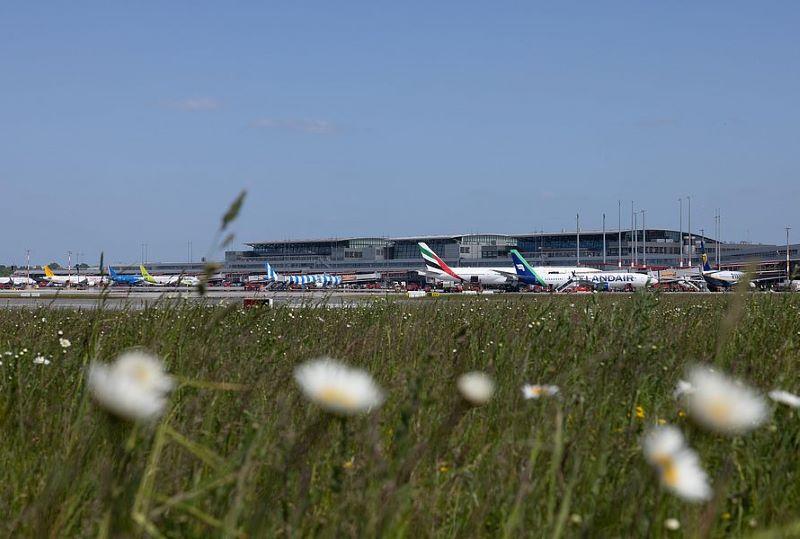
Credit: Hamburg Airport
A project to lay the foundations for a network of routes flown by small hydrogen-powered aircraft connecting rural airports in the Baltic Sea region has been given the green light. The three-year project is planned to culminate in a flight demonstration from Hamburg Airport in Germany. With a budget...
Subscription Required
This content requires a subscription to one of the Aviation Week Intelligence Network (AWIN) bundles.
Schedule a demo today to find out how you can access this content and similar content related to your area of the global aviation industry.
Already an AWIN subscriber? Login
Did you know? Aviation Week has won top honors multiple times in the Jesse H. Neal National Business Journalism Awards, the business-to-business media equivalent of the Pulitzer Prizes.





